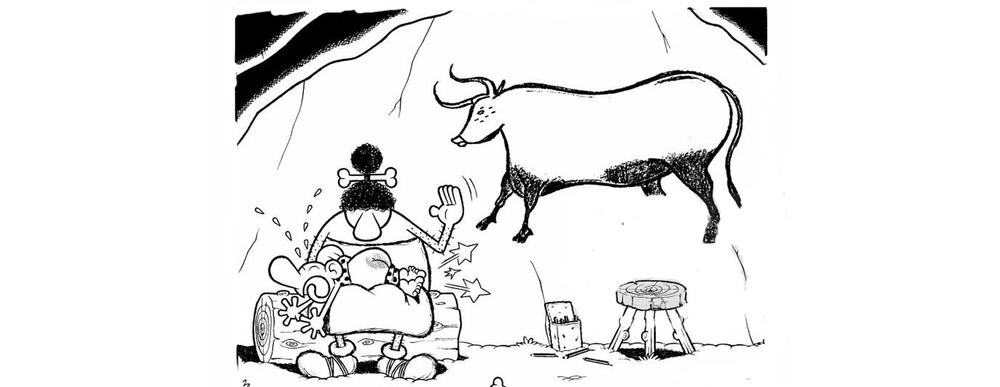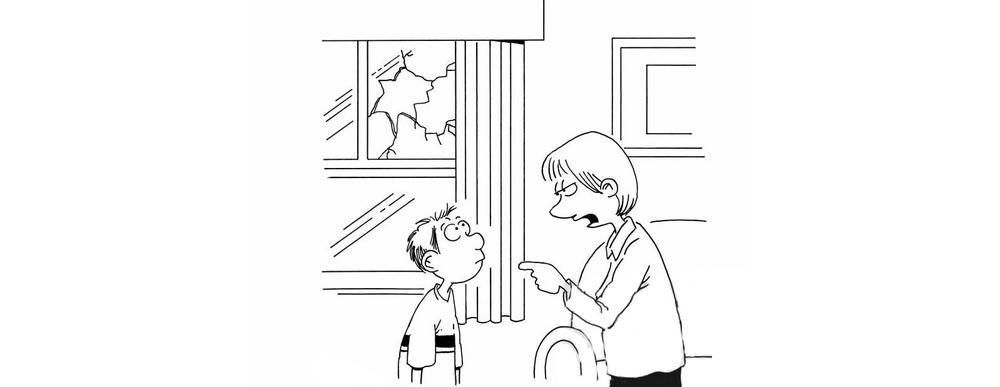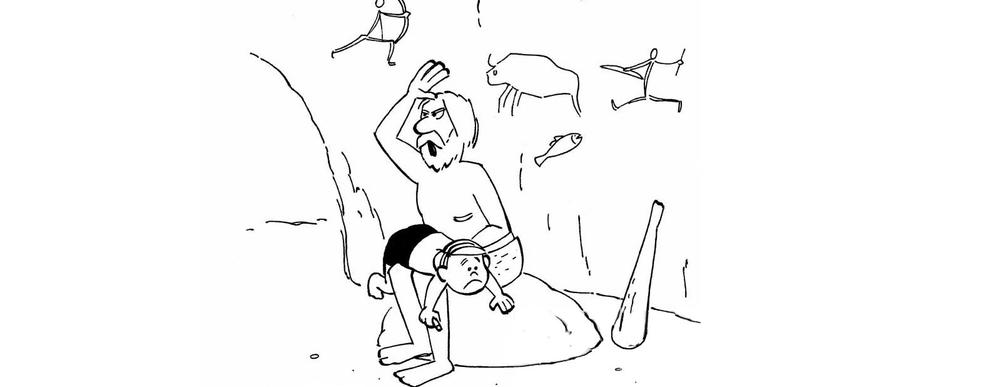Posted on Apr 12, 2020 |
In ancient times in Antigua Guatemala, there was a tradition that few remember,on the last Saturday of Easter, children received an Easter Spanking. This Christian tradition is called "Pascuar". But it represents a blessing and protection rather than punishment.
There are several traditions and customs in Guatemala that, although not very popular or well known, still exist, especially in the communities of the interior of Guatemala. Among these Easter customs is "The burning of Judas", "Do not eat meat on Good Friday" and a little-known tradition is "Pascuar".
If you ask around ... you might find someone who tells you that when he was little, he was threatened that they would "Pascuar" him as soon as Easter ended. It is an ancient tradition and unfortunately almost lost. It is very simple ... the parents or grandparents spanked the children on the last Saturday of Easter (after giving them the blessing, of course), this so that they grow well and healthy throughout the year.
But... What does this tradition mean and why?
Over time, this tradition became almost a game, when mothers expected to collect the “kid's naughtiness” that all the children did during the year. This tradition came from the Catholic religious concept that says "To reach Easter, you must go through the way of the cross and suffering." The purpose of the tradition that today we call "Pascuar" was so the children of each families could learn about the suffering of Jesus during the Easter Triduum.

Formerly, children used to kneel in front of their mothers, they prayed and asked for the blessing, this represented being aware of the suffering and pain of Jesus, to later receive the spanking from their mothers.
This is how it is understood that Easter spanking is more a liberating little whip, something that helps children grow protected. This is a tradition that is also common in other Latin American countries, although it takes place on different days sometimes. But it is always by the end of Easter Week.
Latest Posts
-
Easter Week 2025 Schedule Processions Antigua Guatemala
- Mar 02, 2025 -
Ten Beautiful Words in the Spanish Language
- Jul 13, 2024 -
Easter Week 2024 in Antigua Guatemala
- Feb 04, 2024


